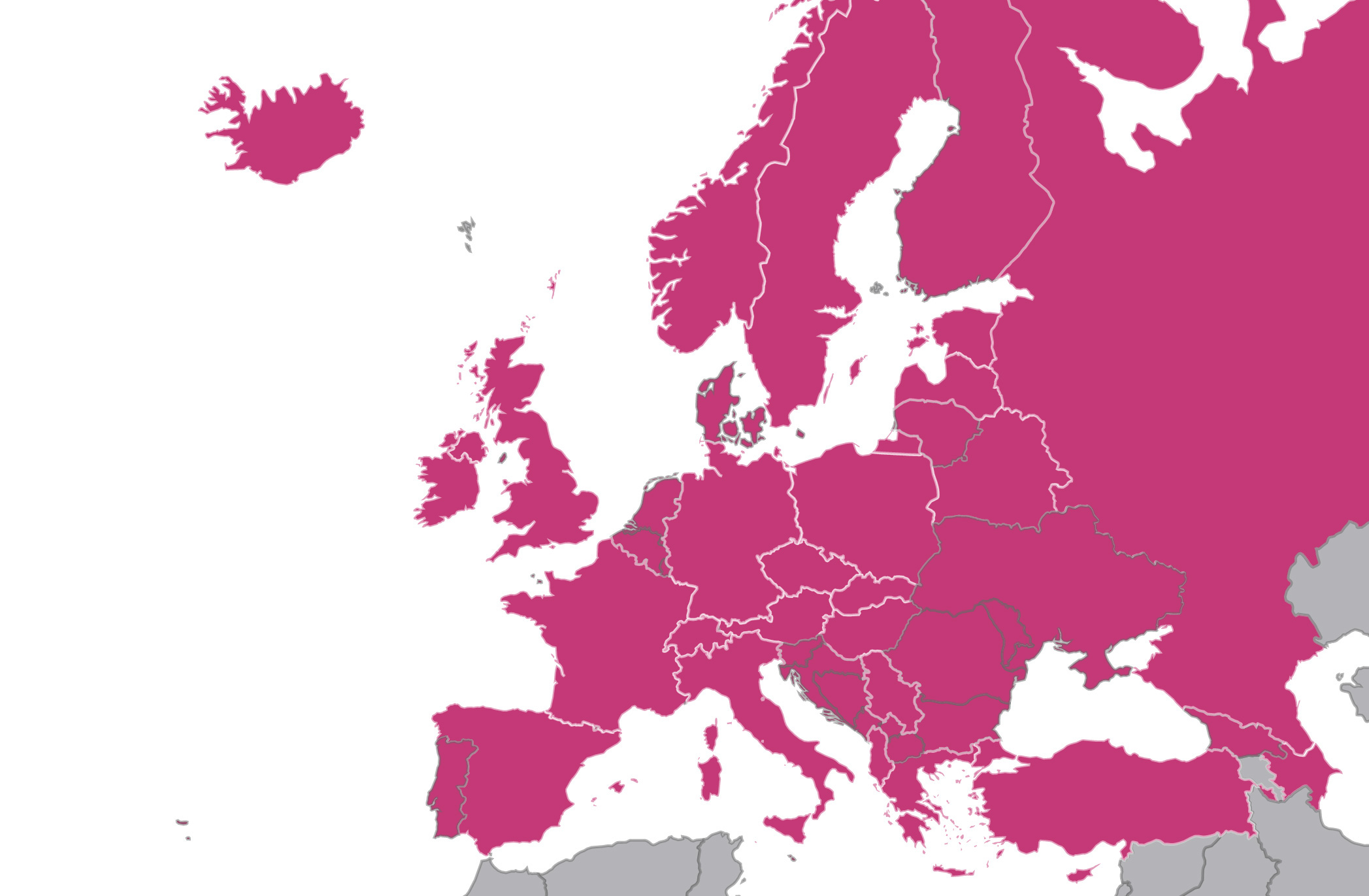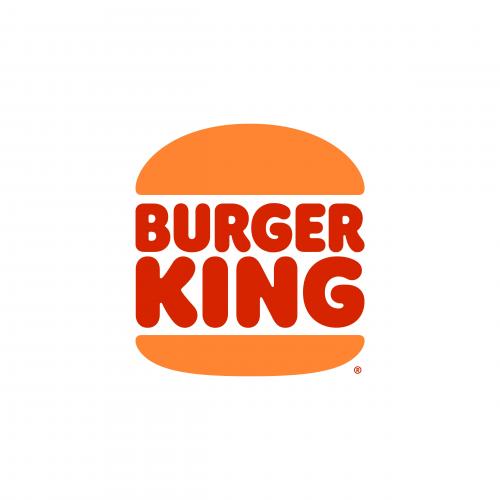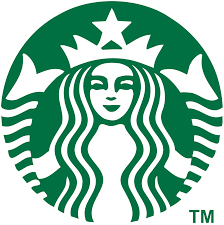
Reducing the presence of acrylamides in food & drinks
Our interest
Serving Europe represents the branded food and beverage service chains in Europe. We serve a wide variety of foods and drinks to our customers, including some of those known to be at risk of containing acrylamides.
Introductory observations
It is important to keep in mind that the presence of acrylamide in foodstuffs is not unique to our restaurant-based cooking processes. It forms naturally when cooking/preparing a range of staple foodstuffs – for example, in bread, baked potatoes, coffee and olives and in some vegetables such as asparagus. Acrylamide has almost certainly been a part of our diet since humankind started cooking. It is as much a feature of home cooking as in restaurants. It is important, therefore, to take a careful yet balanced approach to ensuring that acrylamide levels are kept at acceptable levels.
Our objectives
The health and safety of our customers are of paramount importance for Serving Europe member companies. While we understand that, according to the European Food Safety Authority (EFSA) “Draft Scientific Opinion on Acrylamide in Food”, there is no clear evidence on the impact of acrylamides in food and drinks on human health, we have listened carefully to those experts who believe there are enough concerns about acrylamide to warrant addressing the issue.
An appropriate, workable response
Serving Europe has developed a “Code of practice for the eating out sector: Minimising the Presence of Acrylamides in Food and Drinks” to help the sector minimise acrylamide formation in the products they prepare. This is based on current scientific knowledge and includes best practice to reduce the acrylamide in relevant foods and drinks. The Serving Europe code is based in part on work by FoodDrinkEurope developed in close cooperation with national authorities and the European Commission.
Setting Limitations
The EFSA Scientific Opinion also highlights that data sets from human studies were not adequate for dose-response assessments. Hence, setting maximum levels for acrylamides in food would not be scientifically reliable. Furthermore, setting limits could potentially lead to unnecessary food scares. Authorities across Europe recommend that consumers do not need to change their diet on account of any risk from acrylamide. From a health perspective they should continue to eat a healthy, balanced diet.
Recommended action to address the issue in a careful and balanced manner
Serving Europe believes that the three following steps would help ensure that acrylamides are as low as reasonably achievable:
- the most appropriate policy measure for the whole catering sector is to ensure mandatory application of codes of practice to minimise the presence of acrylamide;
-
in parallel, the European Commission should support further research into practices that reduce levels of acrylamide in foods using the “As Low As Reasonably Achievable” principle, without compromising other aspects of food safety or the ability to provide the quality and taste that our customers have come to expect from us;
and, - given the importance of addressing the challenges of acrylamide formation in home-cooked foodstuffs (also highlighted by the EFSA Scientific Opinion), the Commission and Member States should identify measures/practices that can be promoted to households to mitigate the potential risks there.
In all these areas, we are ready to contribute to the process by sharing our knowledge and experience.
























